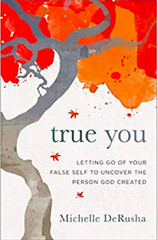I first met Michelle DeRusha a couple feet away from where Beth Moore was lifting Jesus high. We were two honest women who came to a conference, who’ve grown into the deepness of the questions and found God present and as enveloping and as real as air. A phenomenal writer with blazing courage, Michelle is a Brave truth-teller and unwavering Christ-dweller who writes authentic, honest, robust, life-changing words with an ear always turned toward truth and grace and Him. When she visited Tuscany as part of a writers’ retreat a few years ago, she hoped to refill her creative well and perhaps uncover a solution to her chronic vocational unrest. What she didn’t expect was to travel halfway around the world in order to confront her deepest brokenness. Here Michelle writes about why God yearns for us to step out of hiding, and how, in doing so, we take the first step toward becoming our whole, true selves. It’s a grace to welcome Michelle to the farm’s front porch today…
guest post by Michelle DeRusha
It was Sunday morning, the Sabbath. Early the evening before, I’d arrived at a stunningly beautiful villa in the heart of Tuscany for a spiritual writers’ retreat.
Following breakfast, our spiritual director had dismissed us into the garden, journals in hand, to reflect and write.
“What does it mean for you that rest is found in God?” he’d prompted us. “What does it mean that we are restless when we are away from Him?”
Settling into a grassy spot beneath a grove of trees, I slipped off my sandals, opened my journal and wrote a single sentence:
“I don’t have rest in my life because I don’t have rest in God.”
And with that single sentence written in my own cursive on the blank page before me, I suddenly knew the truth:
I didn’t have rest in my life because I didn’t have rest in God.
I didn’t have clarity in my vocation because I didn’t know who I was in God.
I didn’t know who I was, period, because I didn’t know who I was in God.
In an instant I knew in my heart, mind, and marrow that everything, everything, begins with our relationship with God. And in an instant my heart broke, because I knew the truth:
I didn’t know who I was in God because I didn’t know God Himself.
I thought I’d come to Tuscany to find answers to my vocational unrest and to refill my creative and spiritual wells.
But the truth revealed to me that Sabbath morning was that I’d come to Tuscany to recognize, confront, and name my deepest brokenness.

Joy Prouty
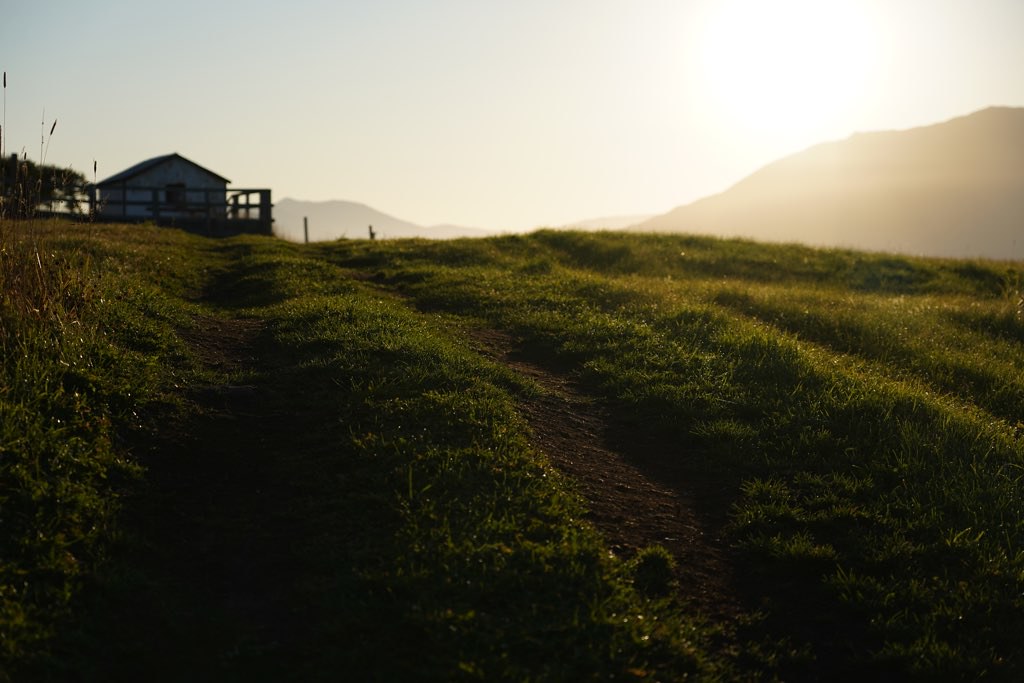
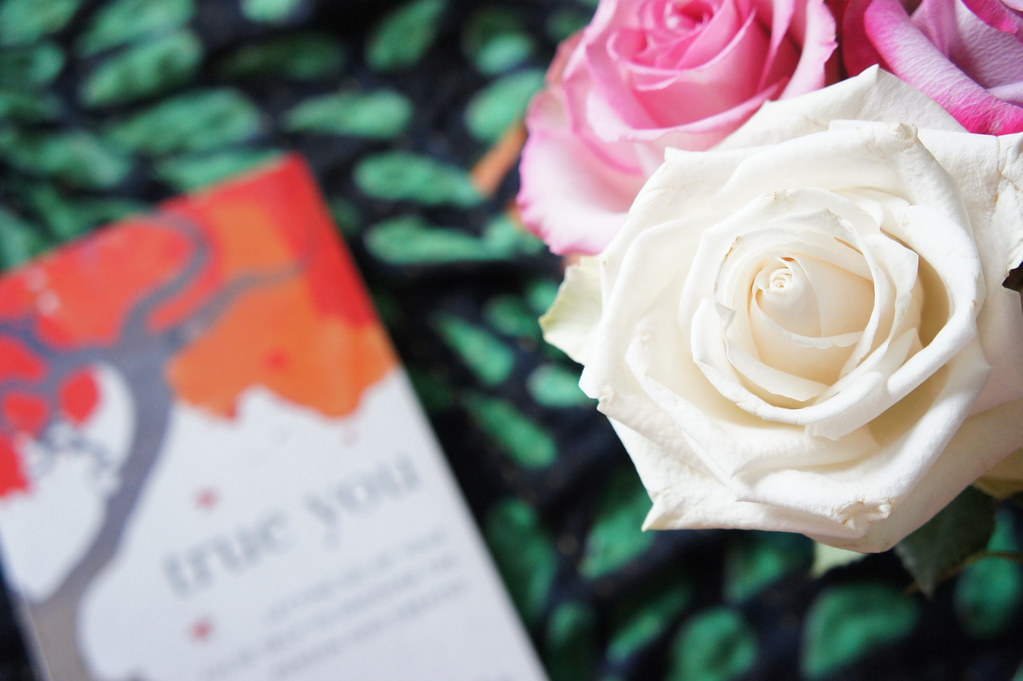

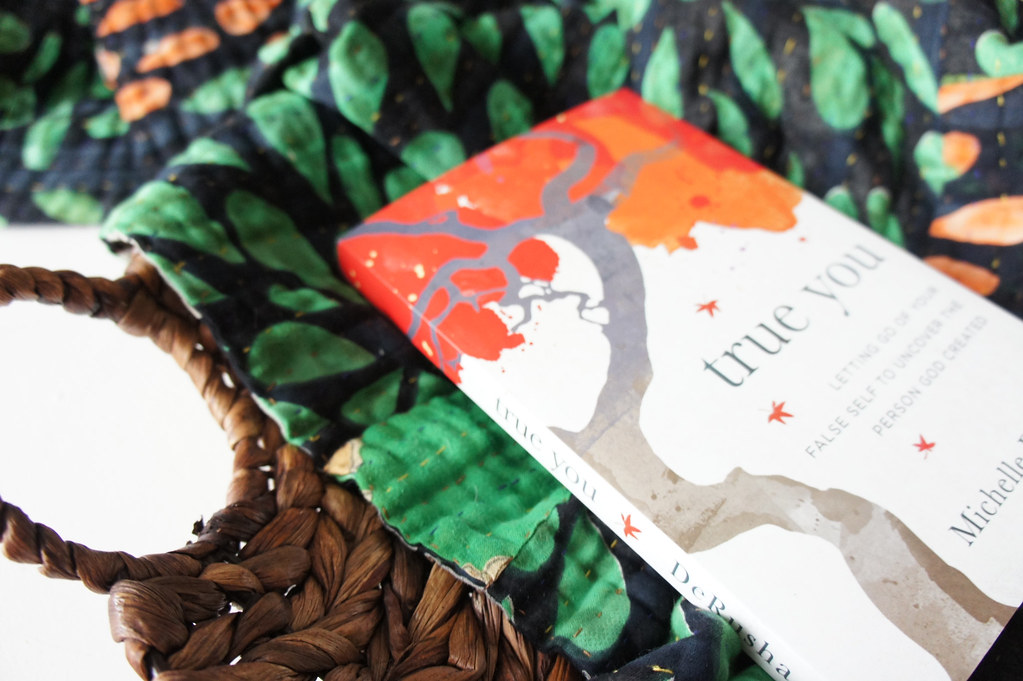



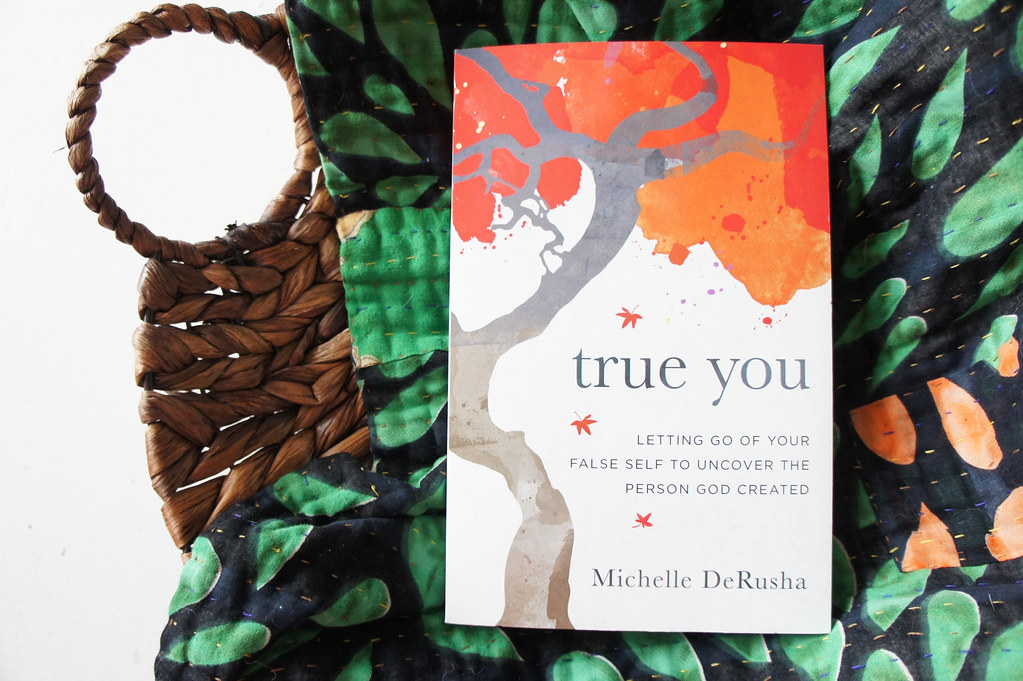
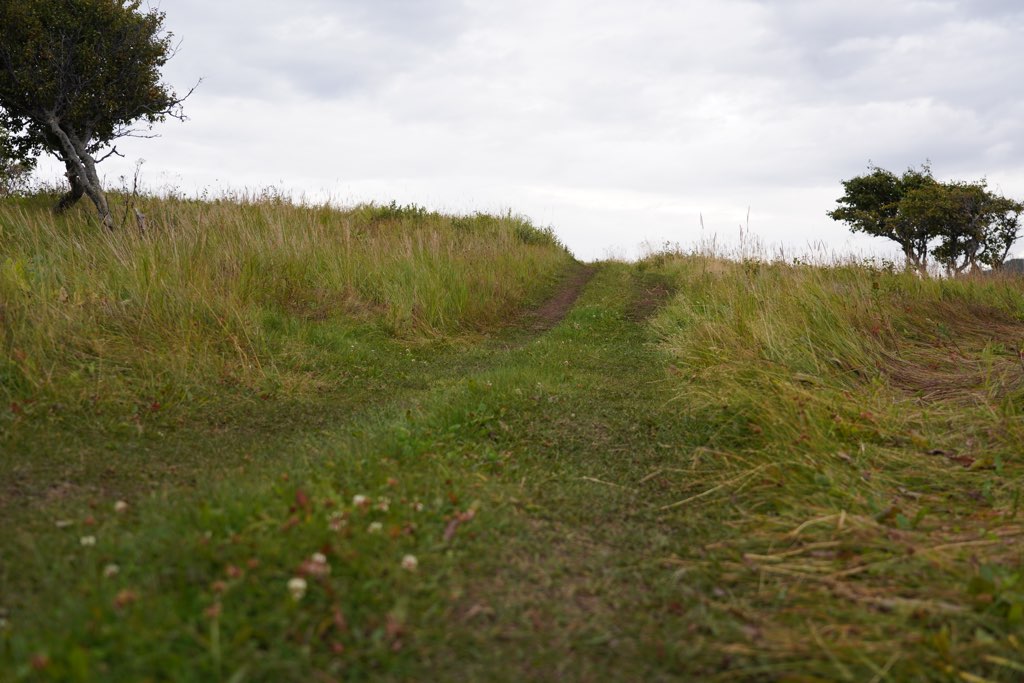
In the Gospel of Luke we meet a woman who has suffered from incessant bleeding for 12 years. Desperate for a cure, Luke tells us, she slips in between the throngs of people who have gathered for a glimpse of the one proclaimed to be the Messiah.
Unnoticed, the bleeding woman reaches out and grazes the hem of Jesus’ robe with her fingertips.
Jesus, feeling His power go out from Him, searches the crowd, demanding to know who touched Him.
And then, Luke offers us a detail, a small but important insight into who this woman was:
“When the woman realized that she couldn’t remain hidden, she knelt trembling before him. In front of all the people, she blurted out her story—why she touched him and how at that same moment she was healed.” (Luke 8:47, Msg.).
“When the woman realized that she couldn’t remain hidden…she blurted out her story.”
Like the bleeding woman in Luke’s gospel, we, too, try to hide our worst selves, our shadow sides, our most broken parts from God. We hide our whole selves, not only because we feel ashamed and unworthy of love, but also because we don’t trust God’s goodness.
We don’t trust that God loves us enough to accept our whole flawed and broken selves.
And so we hedge our bets. We reveal only parts of our story, bits and pieces of our true selves, keeping our worst fears and our deepest sins hidden, not only from ourselves but from the One who knows us inside and out.
Fear and distrust prevent us from answering God’s invitation into intimacy and healing.“We are not good at recognizing illusions,” Thomas Merton wrote, “least of all the ones we have about ourselves – the ones we are born with and which feed the roots of sin.”
I am a master at deception, and there is no one I have deceived more than myself. I refused to face my deepest flaws and my darkest sins because I was afraid they were unforgiveable and made me unredeemable and unlovable.
Like Adam and Eve in the garden, I hid among the trees. I used the dense metaphorical foliage of my life – busyness, distraction, social media, my to-do list, and, above all, my striving to achieve, succeed, and please– to shield myself from both my deepest sins and my deepest desires.
I didn’t realize it that morning, but my revelation under the Tuscan trees was a confession of sorts.
In that moment I saw myself as I was, and I named it in God’s presence.
Like the bleeding woman who only confessed when she realized she could not remain hidden, I knew, in that moment, that I could no longer stay hidden, that I had, in fact, never been hidden.
For the first time I saw my sin – that I didn’t know God, and worse, distrusted Him – as well as my deepest desire – that I yearned to know God and to love and trust Him with all my heart, mind and soul.
For the first time in my life I understood that relationship with God is the foundation of everything.I saw that all things — intimacy in marriage, parenting, and friendships; relationship to community; vocation; knowledge of self — are built on knowing and being in relationship with God.
I saw that my identity as a child of God is everything. I saw that without that, I have nothing; without that, I am nothing.
I finally named not only my brokenness but my desire to be whole.
It could be that there is a piece of yourself or your story that is inhibiting you from understanding and stepping into your true identity as a beloved child of God.
It may not be doubt or unbelief keeping you from experiencing the fullness of God’s presence, like it was (and sometimes, if I am totally honest, still is) for me.
It may be something different altogether – perhaps a past wound, a deep fear, a lack of trust, or a need for control.
But the beautiful truth is that God is calling you, like He called the hemorrhaging woman, to step out of hiding – to recognize and confront yourself as you really are and name it in God’s presence.
God is calling you to kneel before Him, to name your deepest brokenness and to receive His infinite love.
Michelle DeRusha lives with her husband, Brad, their two teenage boys and their Corgi-Beagle in Lincoln, Nebraska. She is the author of four books, including Katharina and Martin Luther: The Radical Marriage of a Runaway Nun and a Renegade Monk, which was a finalist in the Biography and Memoir category for the 2018 Christian Book Awards.Many of us are bent on producing and achieving, striving and hustling for our self-worth. Beneath this relentless drive churns a deep yearning to uncover our true selves and our purpose in this world. Gardeners familiar with the technique called “pruning open” know that the secret to healthy plants and trees lies in subtracting rather than adding. Similarly, we begin to flourish as we let go of our false selves and allow God to prune us open.
Through compelling stories and insightful research, Michelle’s latest book, True You: Letting Go of Your False Self to Uncover the Person God Created, helps readers exhausted by the do-more, be-more expectations of our culture declutter their hearts, minds and souls; let go of false identities; and grow in their relationships, vocations, communities and intimacy with God.
[ Our humble thanks to Baker for their partnership in today’s devotion ]

